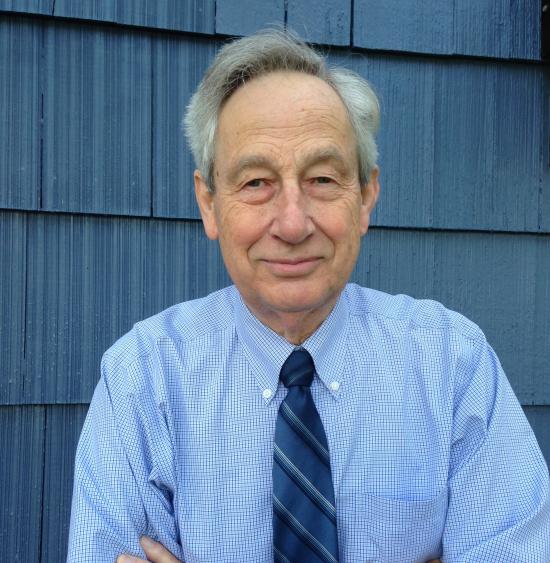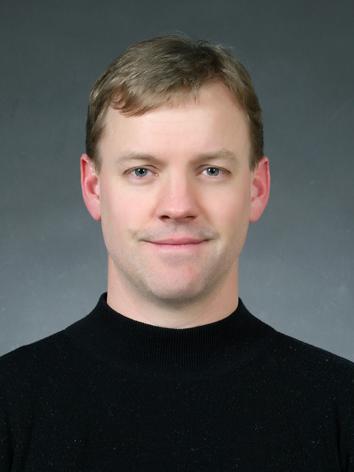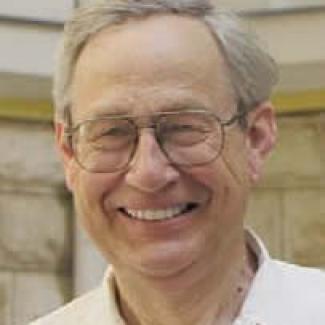Contexts, Works, and Catalogs
Michael Buckland and Wayne de Fremery
Building on work previously presented at this seminar, we propose some fundamental changes to bibliographic and library search and discovery:
-
Consider the purpose of retrieval systems as a search for families or contexts rather than for items;
-
Diminish the privileged status accorded to individual creative works, notably by Seymour Lubetzky ’34 and others, and redefine and redirect the Functional Requirements for Bibliographic Resources (FRBR) model accordingly;
-
Unbundle the tight relationship between library catalog and library collection in order to harmonize theory with contemporary technological reality.
This seminar will be held both online & in person. You are welcome to join us either in South Hall or via Zoom.
For online participants
Online participants must have a Zoom account and be logged in. Sign up for your free account here. If this is your first time using Zoom, please allow a few extra minutes to download and install the browser plugin or mobile app.
Michael Buckland is emeritus professor in the School of Information and co-director of the Electronic Cultural Atlas Initiative. He grew up in England and studied history at Oxford and librarianship at Sheffield University. He trained at the Bodleian Library in Oxford and moved to the University of Lancaster Library in 1965. In 1972, Buckland moved to the United States to be Assistant Director of Libraries for Technical Services at Purdue University Libraries before becoming Dean of the School of Library and Information Studies at Berkeley from 1976 to 1984. He served from 1983 to 1987 as Assistant Vice President for Library Plans and Policies for the nine campuses of the University of California. Professor Buckland’s interests include bibliography, library services, search and discovery, cultural heritage, and the history and theory of documentation.
Wayne de Fremery is a professor of information science and entrepreneurship and director of the Francoise O. Lepage Center for Global Innovation at Dominican University of California. Previously, he was an associate professor in the School of Media, Arts, and Science at Sogang University in South Korea, where he has lived for twenty years.
He currently represents the Korean National Body at ISO as convener of a working group on document description, processing languages, and semantic metadata (ISO/IEC JTC 1/SC 34 WG 9). Some of his recent research projects have concerned the digital humanities in the iSchool (JASIST, 2022), copy theory (JASIST, 2022), context, relevance, and labor (JASIST, 2022), as well as the use of deep learning to improve Korean OCR, for which he received a national citation of merit from the South Korean Ministry of Culture, Sports, and Tourism.
He is the author of a growing number of academic publications about bibliography and the socialization of twentieth-century Korean literary texts. In 2011, his book-length translation of poetry by Jeongrye Choi, Instances, appeared from Parlor Press. His current book project is titled Computational Bibliography and the Sociology of Data. He is also at work on a manuscript titled How Poetry Mattered in 1920s Korea. He holds a doctorate from Harvard University in east Asian languages and civilizations, a master’s in Korean studies from Seoul National University, and a bachelor’s in economics from Whitman College.












